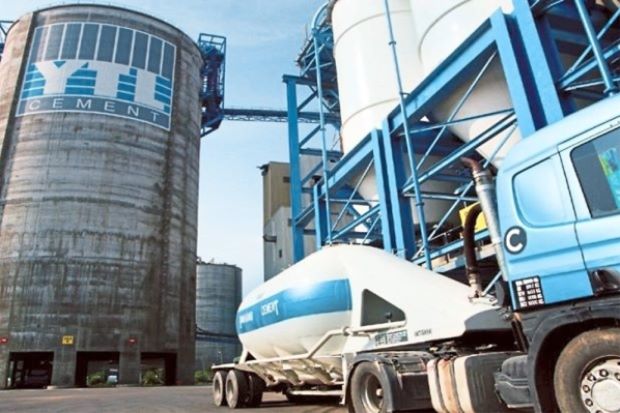Extends Mandatory General Offer for the Remaining Shares
Kuala Lumpur, 6 May 2019 — YTL Cement Berhad today entered into an unconditional share sale agreement with Associated International Cement Limited to acquire 433.34 million ordinary shares comprising an equity interest of approximately 51% in Lafarge Malaysia Berhad (LMB) for a total cash consideration of RM RM1,625.04 million, or RM3.75 per LMB share (the “Acquisition”).
Following completion of the Acquisition, YTL Cement will hold a 51% stake in LMB. Consequently, YTL Cement has extended a mandatory take-over offer to acquire all the remaining LMB shares not already owned by YTL Cement, in accordance with the Malaysian Code on Take-Overs and Mergers 2016.
The mandatory take-over offer will be undertaken at a cash offer price of RM3.75 for each ordinary share in LMB, representing a premium of approximately 19% to the 5-day volume weighted average share price of RM3.15.
Dato’ Sri Michael Yeoh Sock Siong, Managing Director of YTL Cement, said, “The Acquisition
represents an opportunity for the YTL Cement Group to bolster its position as a leading, home-grown, Malaysian-owned cement company, enhancing our ability to offer customers the full range of cement products, maximise economies of scale to improve cost efficiencies and further develop our research and development capabilities to innovate and expand the Group’s range of cementitious product offerings.
“LMB is a strategic fit to the YTL Cement Group’s business and we fully expect that the successful
integration of our operations will strengthen our ability to fulfil the Group’s regional growth aspirations, drive the expansion of our export markets and continue to develop our intellectual capital and R&D capability.”
The Acquisition is expected to complement the YTL Cement Group’s existing core business activities and deliver synergies including operational efficiencies in logistics, distribution and procurement, as well as cost synergies realised from economies of scale, the reduction or elimination of duplicated functions and the consolidation of corporate overheads.

